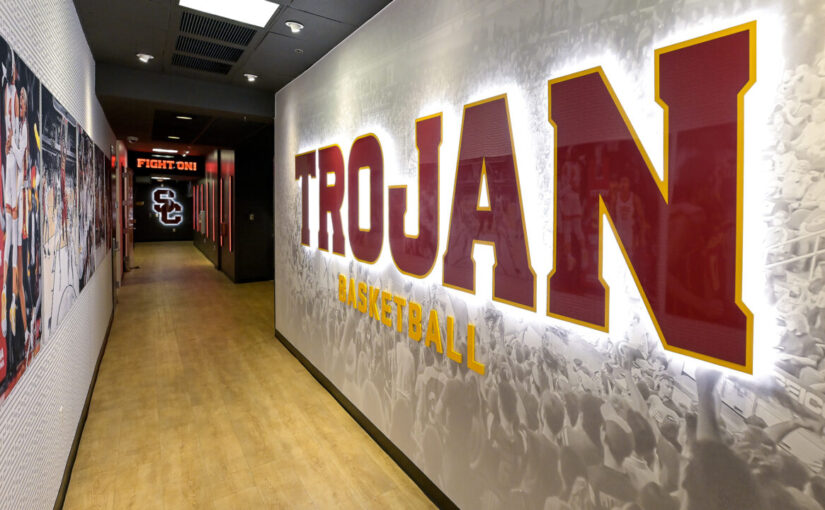Mississippi State’s Athlete Engineering Summit Highlights Future of Human Performance
The future of human performance was on display during Mississippi State University’s inaugural Athlete Engineering Summit.The two-day event held at East Mississippi Community College’s Communiversity featured shared expertise from industry, military, and sports perspectives, including a keynote speech from National Football League Chief Medical Officer Dr. Allen Sills. The 1986 MSU engineering graduate shared how he is using skills learned through engineering and medicine to lead the NFL’s effort to make the game of football safer.
 “If we think about the future of football, or sports in general, it can be safer and it can be more exciting,” Sills said. “It’s going to take a collaborative effort with engineering, technology, epidemiology, biomechanics, all put together that will help us make these games safer at all levels, which I think is the exciting part of where we are today.”
“If we think about the future of football, or sports in general, it can be safer and it can be more exciting,” Sills said. “It’s going to take a collaborative effort with engineering, technology, epidemiology, biomechanics, all put together that will help us make these games safer at all levels, which I think is the exciting part of where we are today.”
In addition to his NFL duties, Sills is a professor of neurological surgery, orthopedic surgery, and rehabilitation at Vanderbilt University Medical Center. When he joined the NFL in 2017, reported concussions were trending at all-time highs. Sills and NFL partners have used advances in technology to determine where players at different positions are experiencing the most helmet impacts and worked with manufacturers to increase protection. They also have worked with players and coaches to emphasize safe techniques, among other initiatives.
“We had the lowest number of concussions we’ve ever had in the NFL in 2021 even though we played an extra game,” Sills said. “I think this is proof of principle that taking a biomechanical approach to an injury—studying video, developing models and testing, and looking at the style of play, putting this all together—had a very real-world and immediate tangible impact on an injury that is very significant for us in the league. This is the sports medicine evolution where people like everyone in this room will come together to make changes over time.”
In addition to Sills, the summit included presentations from NBA, MLB, and NCAA Division I universities about leading-edge efforts to improve athlete performance and reduce injury. MSU’s Athlete Engineering research program includes robust collaborations focused on improving human performance in military, rehabilitation, industry, and sports settings. The research group is helping to meet the growing demand for individuals that can collect, analyze and effectively communicate the meaning of data generated by wearable technologies.
MSU’s Athlete Engineering research team is led by Reuben Burch, associate director of human factors and athlete engineering at MSU’s Center for Advanced Vehicular Systems, also an associate professor of industrial and systems engineering in the Bagley College of Engineering, and includes collaborators from several disciplines on campus in addition to MSU Athletics.
“Our work exists across different industries, and a lot of the people at this conference are the ones who helped us get to this point,” Burch said. “We designed our program to have an impact across different sectors. The human body only works in so many ways. What you learn in one sector will generally apply in some regard to the other sector.”
For more on the Athlete Engineering research group at Mississippi State, visit https://www.cavs.msstate.edu/research/athlete_engineering.php.







